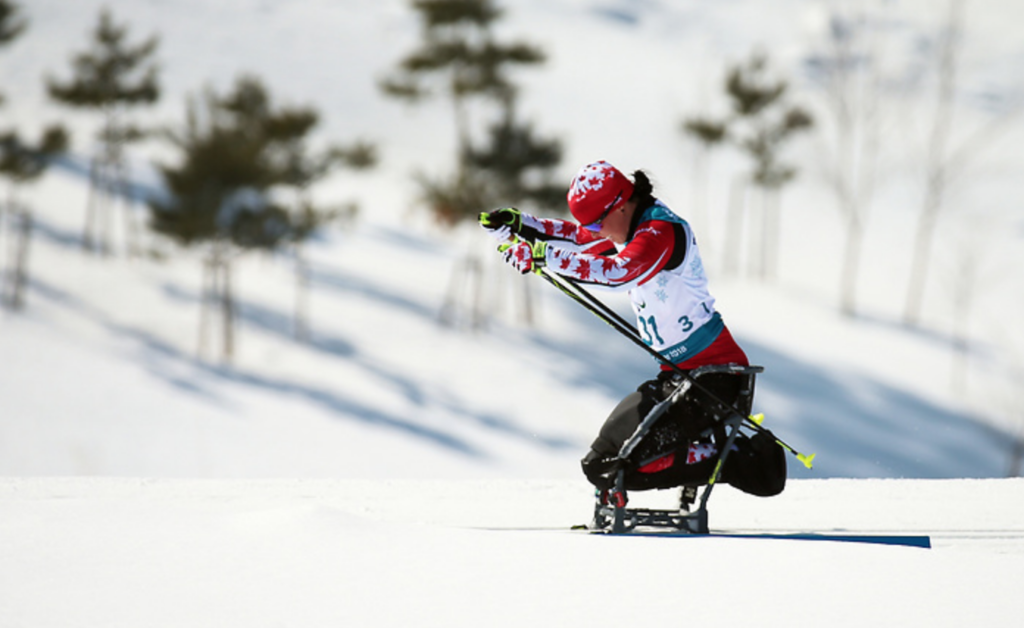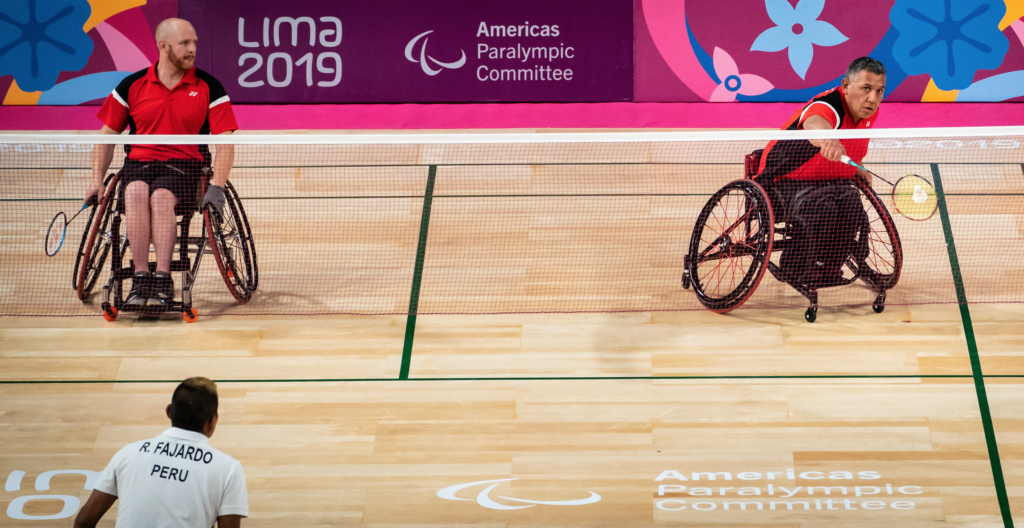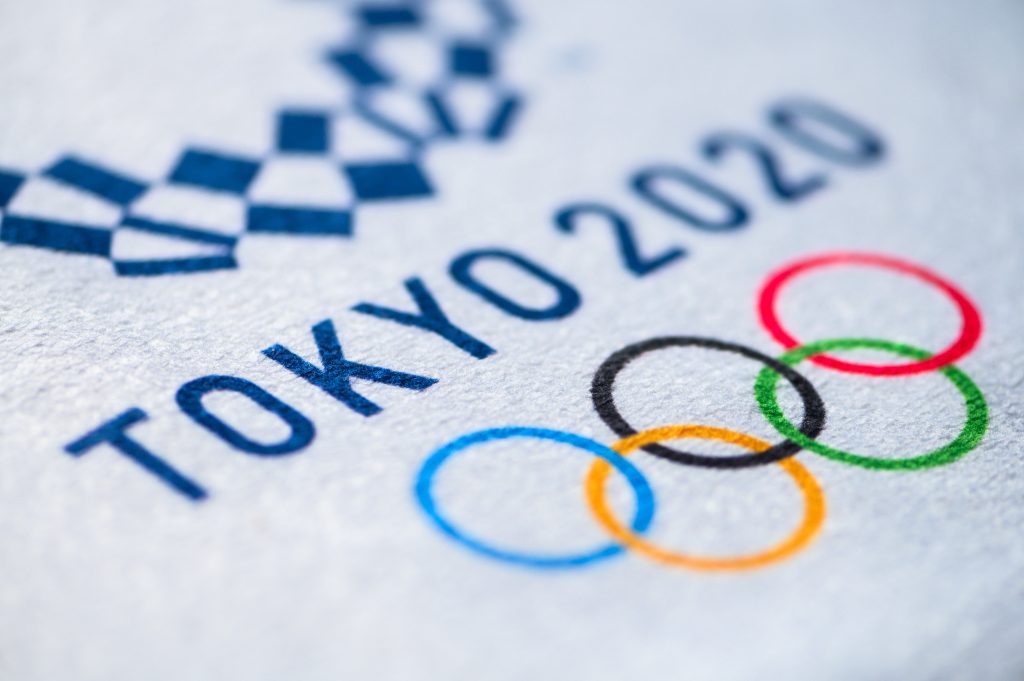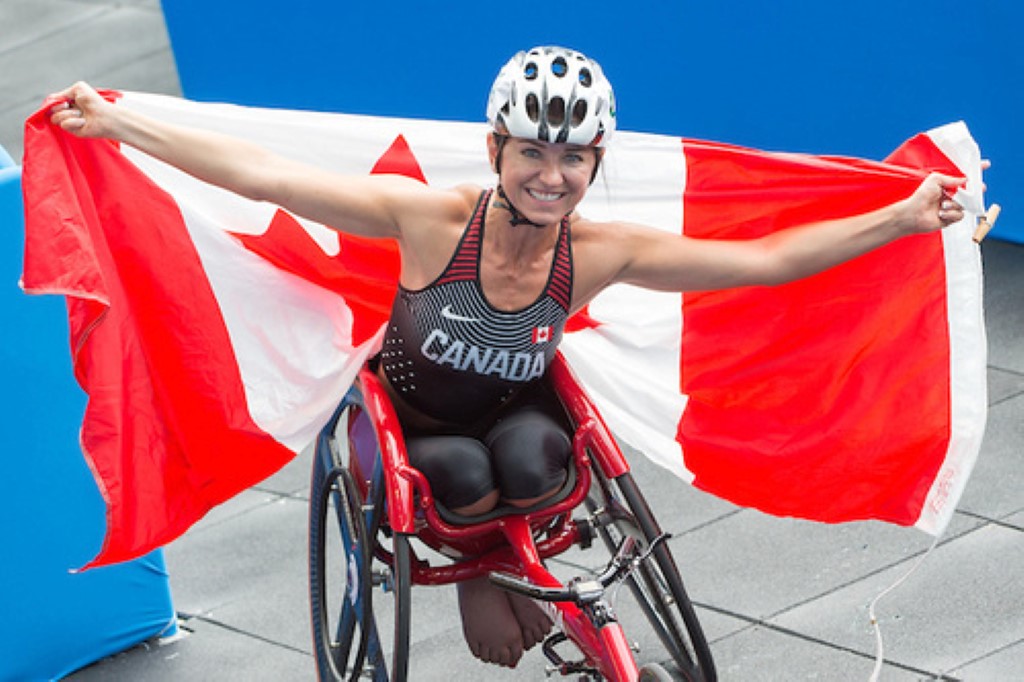No singular path through Para sport: Canadian Para nordic skiers on multi-sport and athlete transfer

This blog is a part of a series created in collaboration with the Canadian Paralympic Committee and the Paralympic Athlete Transfer Task Force, spotlighting the opportunities and challenges of Para athlete transfer and multi-sport participation. In 2006, Robbi Weldon came across a copy of Abilities Magazine. The front cover featured Para cyclist Brian Cowie and…
How “athlete transfer” is opening new avenues for development in Para sport

This blog is a part of a series created in collaboration with the Canadian Paralympic Committee and the Paralympic Athlete Transfer Task Force, spotlighting the opportunities and challenges of Para athlete transfer and multi-sport participation. When Richard Peter retired from wheelchair basketball following a gold-medal performance at the London 2012 Paralympic Games, the then-40-year-old didn’t think a second career…
Lessons about mental health from the Olympics and Paralympics in Tokyo

Highlights For athletes, coaches, and others who worked tirelessly to make the Tokyo Olympic and Paralympic Games a success, the global COVID‑19 pandemic increased stress and added to the already pressure-packed environment. When USA Gymnastics legend Simone Biles put her mental health ahead of the competition, she elevated discussions around mental health to historic levels….
Beijing to Birmingham: Thinking outside the Para sport classification box

The Tokyo 2020 Summer Paralympic Games are in the books, with the 2022 Winter Paralympic Games (Beijing) and Commonwealth Games (Birmingham) just around the corner. Our 128 Canadian Paralympians competed in Tokyo, bringing home 21 medals. Canada’s team joined 4,275 high performance Para sport athletes from 62 countries for 12 days of competition in 22 Paralympic sports. Despite the unprecedented challenge of hosting…
Supporting athletes after the Games
After participating at an international competition or major games event such as the Paralympics, athletes may experience the “post-Games blues.” Research shows that support structures that include educational programs and resources are important to help Paralympic athletes transition to life post-Games.
Practice pays off
Becoming a Paralympian requires skill, dedication, resiliency, and a lot of practice. A recent study found that Paralympic athletes averaged over 6,400 hours of training during their careers.
Mental health at the Games
“We’ve never been so focused on mental health and wellness at the Games.” In the SIRCuit, Stephanie Dixon, the Canadian Paralympic Committee’s Tokyo 2020 Chef de Mission, shares insight on the mental health strategies designed to support Canada’s Olympic teams in Tokyo and Beijing, including the debut of a designated Mental Health Lead.
Managing expectations
We often think about the stress that an athlete experiences before a major competition, but what about their coach? Research suggests that many Paralympian coaches set high expectations for themselves which can lead to stress and burnout. Strategies that help coaches manage their expectations and the expectations of athletes and support staff are key to…
Tokyo 2020 Paralympic Games
Did you know that Tokyo is the first city to host the Paralympic Games for a second time? Tokyo first hosted the Paralympic Games in 1964, where 378 Paralympic athletes competed for 419 medals. Now, 57 years later, 4,237 athletes will be competing for 1,522 medals. The Tokyo 2020 Paralympic Games kick off today and run…
A Games like no other
The master project plan for an event like the Olympic or Paralympic Games is approximately 20,000 lines long. The postponement of Tokyo 2020 created a unique set of challenges for the Canadian Olympic Committee and Canadian Paralympic Committee, who are also preparing for the 2022 Winter Games in Beijing. In the SIRCuit, get a behind-the-scenes…